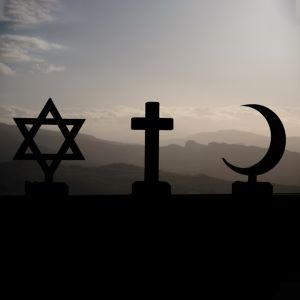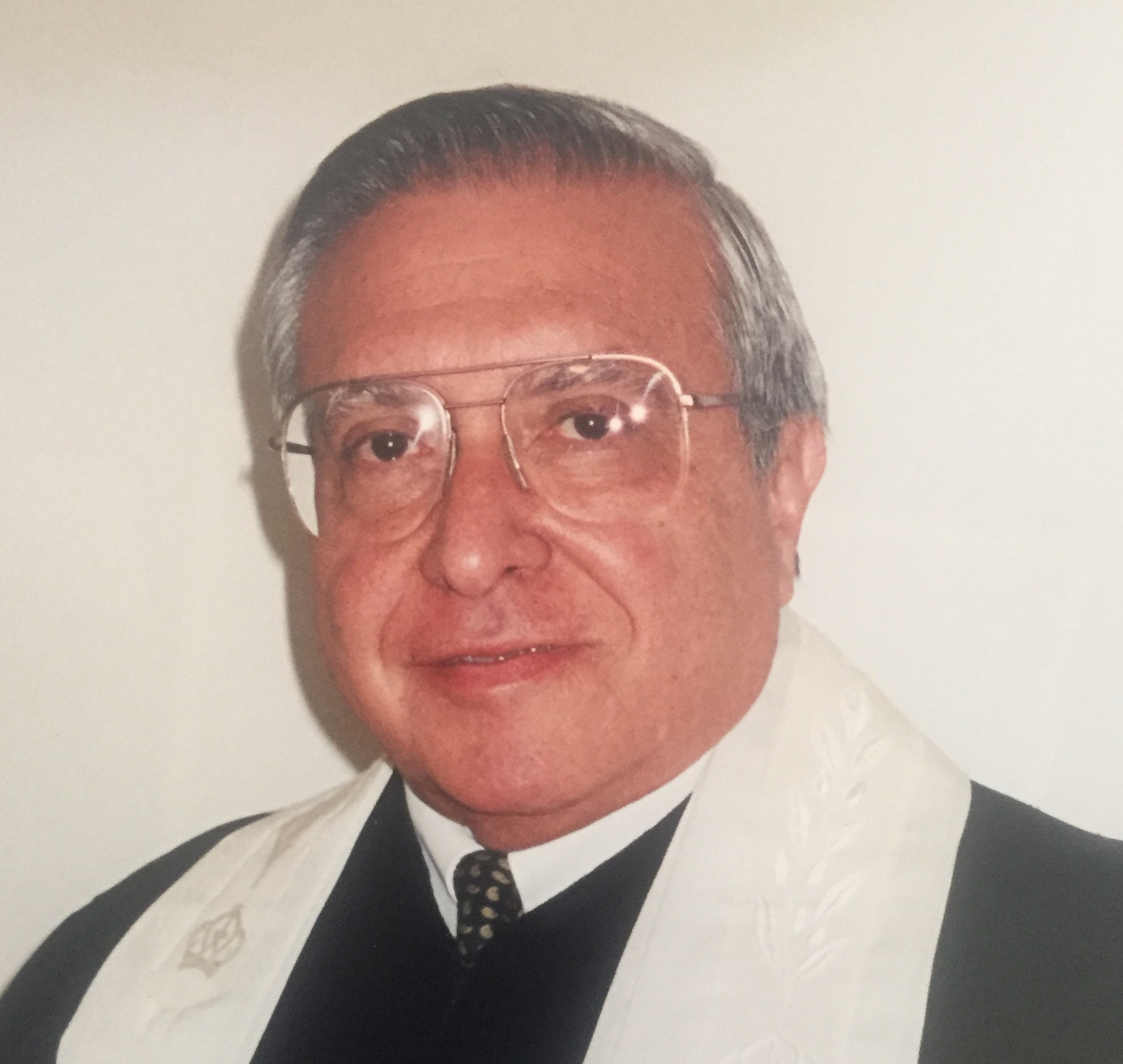How Judaism, Christianity, and Islam’s texts shape both conflict and conciliation.
ONLINE
WEDNESDAYS, 10:00-11:30 am (ET) October 29, 2025 - January 7, 2026

|
Religion |
Peace |
Conflict |
|
Judaism |
“The entire Torah is for the sake of the ways of peace.” — Talmud Bavli, Gittin 59b |
“If someone comes to kill you, rise early and kill him first.” — Talmud Bavli, Berakhot 58a |
|
Christianity |
“Blessed are the peacemakers, for they shall be called children of God.” — Matthew 5:9 |
“Do not think that I came to bring peace on earth; I did not come to bring peace, but a sword.” — Matthew 10:34 |
|
Islam |
“And if they incline to peace, then incline to it [also] and rely upon Allah.” — Qur’an 8:61 |
“Fight in the way of Allah those who fight you, but do not transgress. Indeed, Allah does not like transgressors.” — Qur’an 2:190 |
Course Description:
The religious and political tragedies that erupt in our world today are rooted in centuries of complex history. This course explores how the sacred texts of the Abrahamic faiths—Judaism, Christianity, and Islam—contain both calls for reconciliation and seeds of hostility. Drawing from the Talmud, medieval and modern halakha; the New Testament, Church Fathers, and canon law; and the Qur’an, Hadith, and shariah, we will examine pivotal moments and enduring themes that continue to shape interfaith relations.
Topics include:
- The Christian origins of anti-Judaism and Jew hatred
- Muhammad’s initial admiration for Judaism and his later antagonism
- Just war and jihad: what sacred texts permit and forbid
- Sacred space and the ongoing challenge of shared holy sites
- When Judaism and Christianity reconciled to begin a new era
- Whether Jews and Muslims can envision a new era together
By placing ancient sources in conversation with contemporary realities, we will confront how faith traditions can fuel both division and hope for peace.
WEDNESDAYS, 10:00-11:30am (ET)
Dates: Oct. 29; Nov. 5, 12, 19; Dec. 3, 10, 17; Jan. 7

